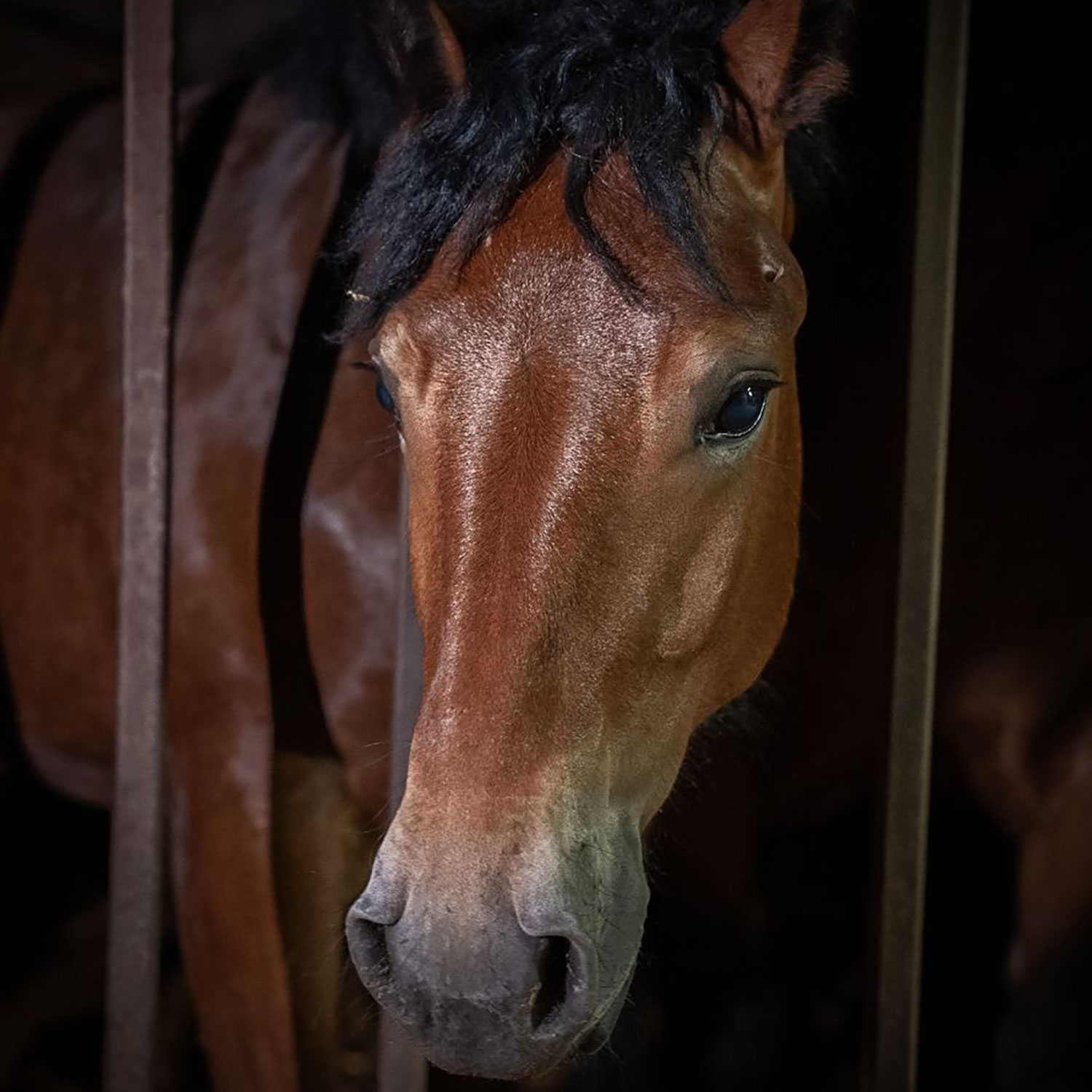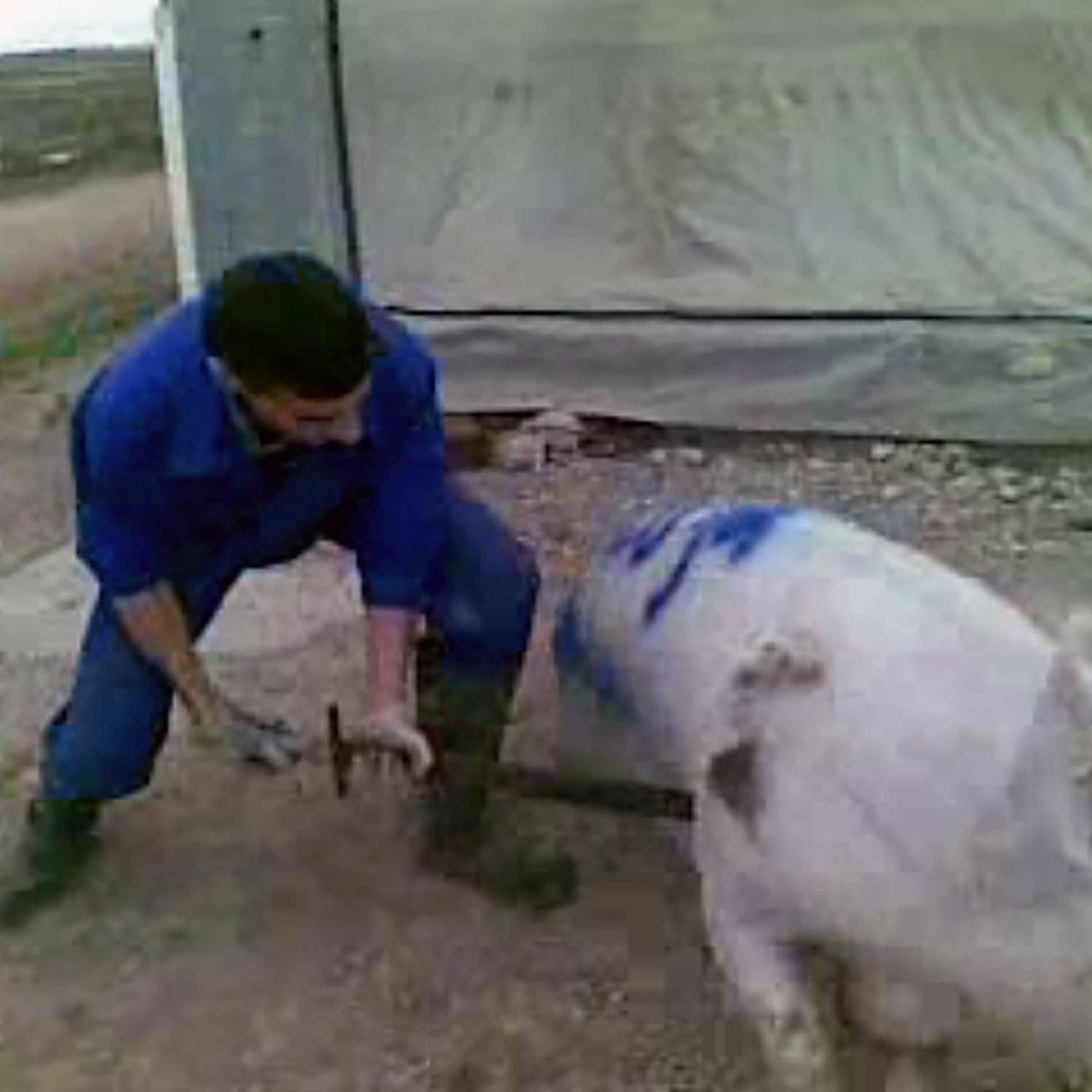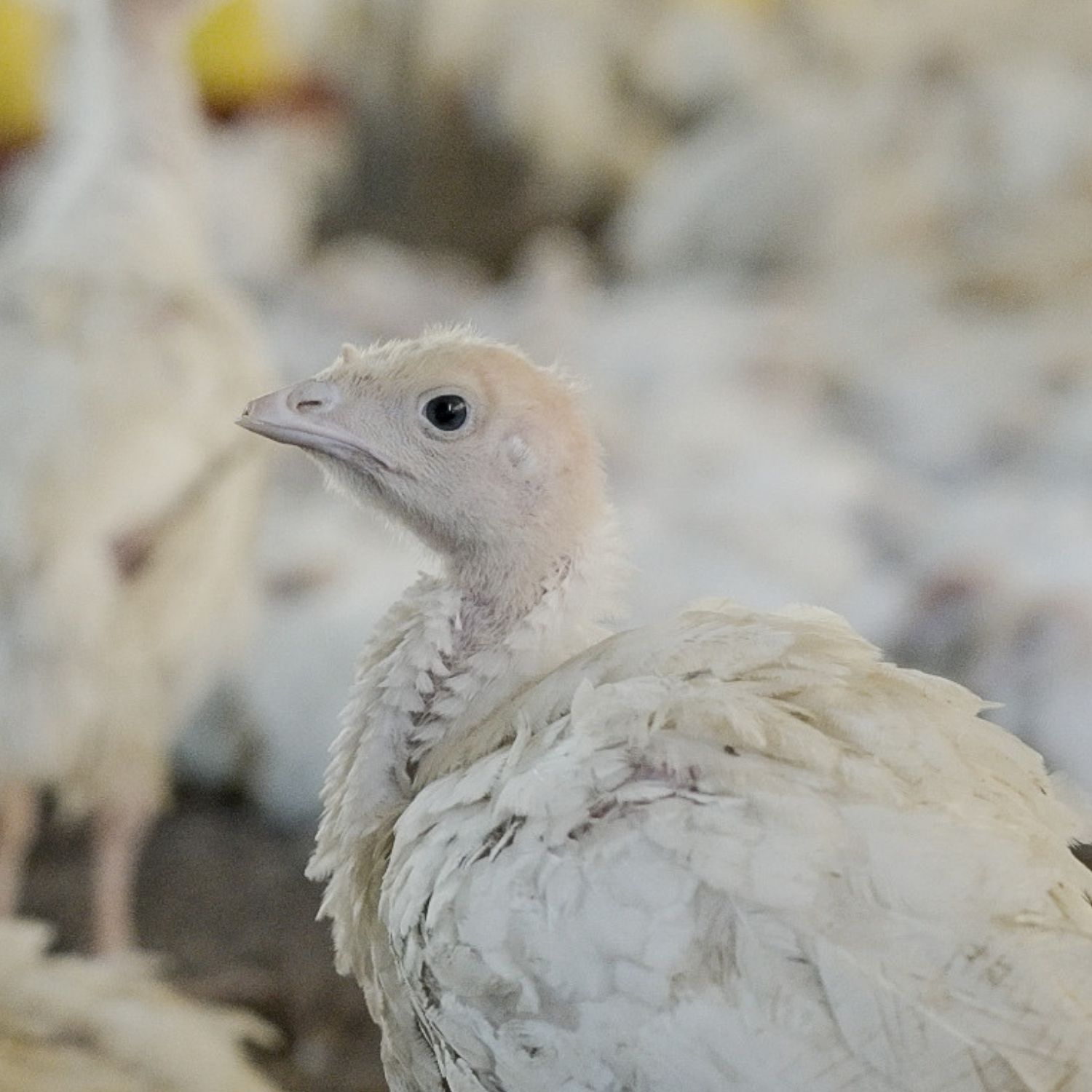Top Progressive U.S. Pet Food Brands Allow Animals To Suffer


Animal Equality released a new campaign today revealing the top progressive U.S. pet food brands and their surprising lack of public animal welfare policies. In their findings, the organization reveals seven top food brands without public policies or missing public policies that eliminate the worst abuses of the pigs, chickens, and hens on factory farms: Vital Essentials, Nom Nom, Nulo, Wellness Pet Company, Smalls, Farmina Pet Foods and The Honest Kitchen.
What We Found: In the United States, companion animals eat around 25 percent of all meat consumed, an amount equivalent to the quantity eaten by 26 million Americans. This makes dogs and cats in the U.S. equal to the fifth largest country in terms of animal protein consumption. Animals used for food are the most abused animals in the world, and pet food companies claiming to go beyond conventional pet food brands should have standards that address the cruelest practices found in factory farms.
However, these companies are refusing to adopt public animal welfare policies that would eliminate extreme confinement methods including gestation crates for mother pigs and barren wire cages for hens. The Honest Kitchen has adopted policies for pigs and chickens, yet continues its refusal of banning cages for hens. Meanwhile, pet food brands like Open Farm, Evermore, and Wild Coast Raw are leading in their sector when it comes to animal welfare.
Customers purchasing pet food marketed as high quality and more ethical expect high standards for animal welfare. But instead, they may be purchasing products that are so cruel that they are illegal in many U.S. states.
-Dane Charbeneau, Campaign Manager for Animal Equality
How Animals Suffer for Pet Food: Animal Equality was in touch with these companies and offered to support them in adopting public animal welfare policies, but the companies refused our help. Animal Equality is now publishing the truth about where pet food companies stand on key farmed animal welfare issues. These issues specifically involve gestation crates for pigs, cages for hens, and the Better Chicken Commitment which addresses the worst abuses for chickens. The issues are:
- Mother pigs in factory farms are confined to crates so small they can’t even turn around. These crates prohibit farmed animals from engaging in their instincts to forage, root, nest, and socialize, causing extreme stress and frustration. They are banned in ten states in the US – Arizona, California, Colorado, Florida, Maine, Massachusetts, Michigan, Ohio, Oregon and Rhode Island – as well as in the United Kingdom and Sweden.
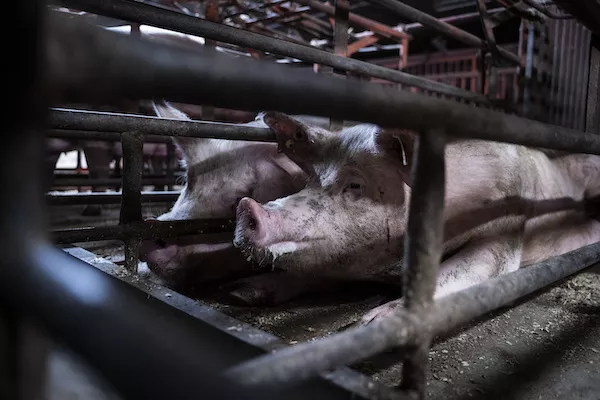
- The majority of chickens used for meat are raised in cruel, crowded, and barren conditions and suffer from extreme overbreeding and ineffective slaughter methods. The Better Chicken Commitment addresses these problems and over 400 leading companies have already adopted the policy, including KFC, Burger King, Chipotle, Starbucks, Compass Group, Whole Foods, HelloFresh, General Mills, Unilever, and Nestlé.
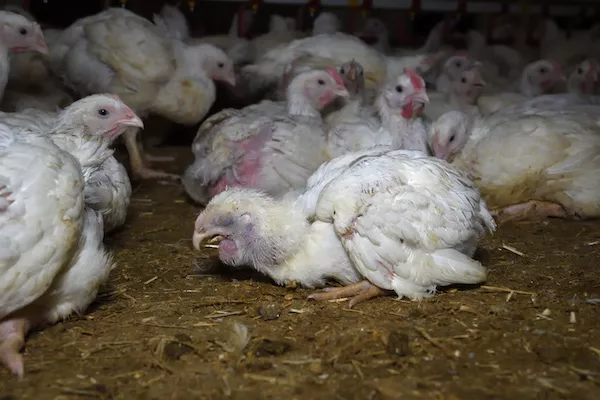
- Hens spend up to two years packed in wire cages with up to six other birds. The cages are so small and crowded that hens cannot even spread their wings or exhibit other natural behaviors, like dust bathing, foraging and nesting. Companies and consumers are driving a market shift to ban cages, recognizing the misery of hens living in barren, wire cages. Nine U.S. states have banned them, including Nevada, Utah, Colorado, Michigan, Washington, Oregon, California, Massachusetts, and Rhode Island.
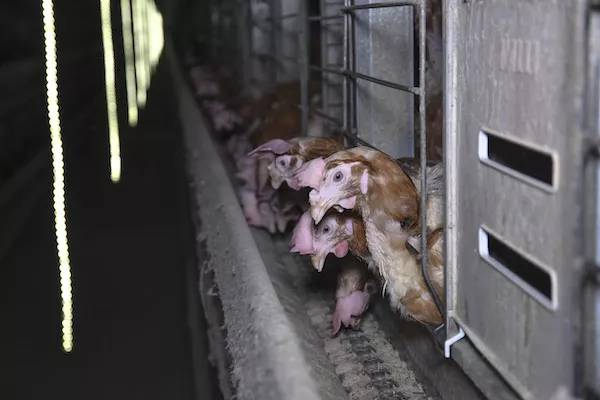
How You Can Help: Help Animal Equality put pressure on these companies by demanding they raise their standards for animals. You can quickly and easily contact these companies through email by visiting the campaign page for this report:
Vegan pet food is more popular than ever. More and more companies are developing healthy options for our companions that don’t use animals at all. There are many brands of treats, kibble and wet food that you can try. A recent study in the UK found that dogs on vegan diets were even healthier than their meat-eating counterparts. If you’re interested, talk to your veterinarian and let them know you want to make the switch.

